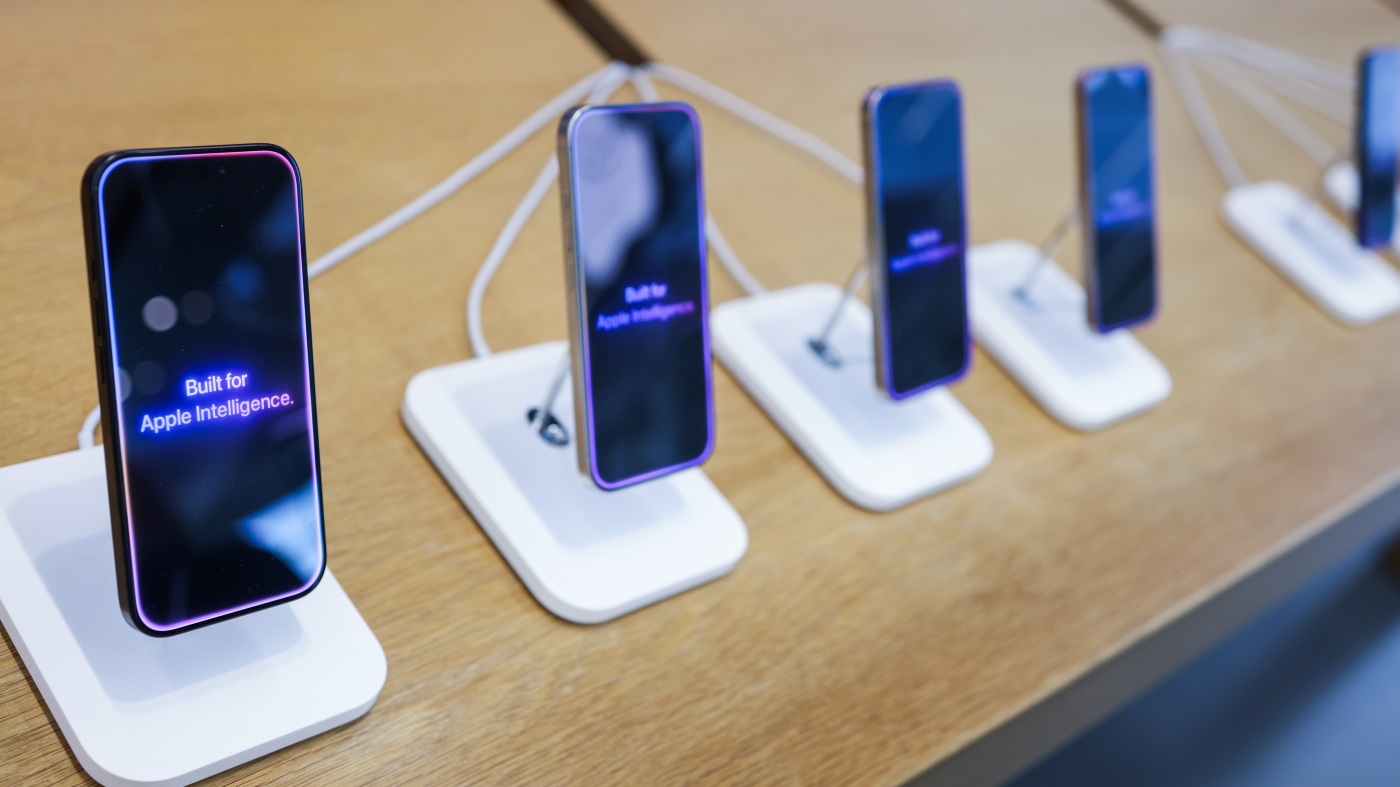U.S. Amends Tariff List to Exclude Key Electronics
In a significant policy update, the Trump administration has adjusted its import tariff list, now exempting certain electronics from the global tariff measures. This strategic move comes amidst ongoing trade tensions and is expected to impact the electronics market significantly.
U.S. Customs and Border Protection issued updated guidance late Friday, detailing exemptions for smartphones and computers from President Trump’s comprehensive “reciprocal tariffs.” These tariffs, which have been paused until early July, remain intact for China, the only nation not granted a pause.
The exemption, effective for products entering the U.S. or leaving warehouses from April 5, was further clarified in a presidential memo released the following day. White House press secretary Karoline Leavitt explained, “President Trump has made it clear America cannot rely on China to manufacture critical technologies such as semiconductors, chips, smartphones, and laptops.”
Leavitt emphasized the administration’s push for companies like Apple, TSMC, and Nvidia to expedite domestic production. This exemption marks a significant development in the ongoing tariff conflict with China, which recently imposed a 125% tariff on U.S. goods. Prior to this update, prices for China-sourced electronics were expected to rise sharply.
Key items now exempt from tariffs include smartphones, computers, semiconductors, and flat panel display modules. However, the guidance did not address the existing 20% tariff on Chinese goods linked to China’s fentanyl trade involvement.
China has traditionally been the primary supplier of electronics to the U.S., as noted by the U.S. International Trade Commission. Other significant suppliers include Mexico, Taiwan, Vietnam, and Malaysia.
Concerns had been raised regarding American tech firms dependent on Chinese supply chains, such as Apple. Before this exemption, Apple faced potential setbacks due to the tariffs, according to Dan Ives, global head of technology research at Wedbush Securities, who shared insights with CNBC.
This article was originally written by www.npr.org






